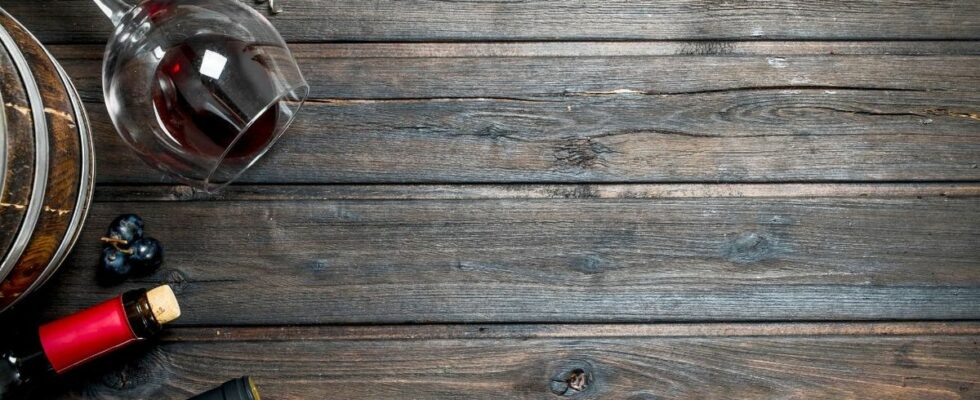The bottle of red on the table at each meal is less and less the rule in France. In ten years, the consumption of red wine has even dropped by 32%, revealed at the end of 2022 a Kantar study for RTL and this is one of the factors which contributes to explaining the wine crisis facing a wine sector in structural overproduction.
Among the consumers who are turning away from this eminently French beverage, we find young people, as highlighted by a study carried out by Wine Intelligence in the spring of 2022 and relayed by the Revue du Vin de France. It shows that 47% of wines are consumed by people over 55 and only 7% by 18-24 year olds. Through a call for contributions, 20 minutes asked young consumers (up to 35 years old) to talk about their affinities at cocktail hour, mealtime and moments of conviviality.
Some people choose not to drink alcohol…
“I have witnessed too many of the harmful effects of alcohol around me (alcoholism and damage to health), explains Léa, 33 years old. And having a lot of medical treatments for health concerns, I almost never drink it”. For Kévin, 27, it is also the example of an addiction in his father, in this case smoking, which prompted him to reject alcohol. “One of the rare times I drank it was during my very first job, to socialize and “act like it”, but I hated it and it made me sick quickly (migraines, nausea, vomiting, dizziness) , he testifies. Since then, I am much more comfortable and I assume not to drink. I prefer to drink very cold still mineral water, milk or fruit juice, but I avoid everything else. »
He specifies that wine has a special status among alcohols, that of “‘luxury product, elitist'”. An image built up over decades by the many promoters of wine but which has obviously not prevented public health campaigns from raising awareness among some of the younger generations. “I am very fiercely opposed to the omnipresence of alcoholic beverages in society,” emphasizes Kévin.
According to the study “Better understanding the consumption of wine”, published in July 2020 by the national committee of interprofessional organizations for wines with designation of origin and geographical indication, the transfer of those who do not consume wine is mainly to the water and soft drinks. They are preferred almost eight times out of ten instead of white wines and nine times out of ten, instead of rosé. “This proportion is identical for red wines, whose consumption is carried over to water, juices and non-alcoholic beers”, points out this publication.
“I don’t like the taste of red wine at all”
“I can say that I don’t drink wine. I taste it sometimes but it’s rarely a deliberate choice. Either I am encouraged, or there is “only” that, says Claire, 23 years old. But I have to say I don’t like it. The taste of red wine, in particular, does not appeal to me at all. I can drink hard liquor and prefer that. If I’m on an alcoholic night out, I’d choose rum or soft drinks over wine instead. At 23, Henri consumes alcohol but “certainly not wine”. If he does not adhere to the taste, he does not recognize himself either in the image conveyed by this drink “the young people who drink this are sores”, he says.
Julien, 25 years old, consumes a little wine, but very little red: “I’m moving more and more towards alcohols such as beer and wine, but rather white or rosé as an aperitif. Regarding red wine, my family consumes it, but I very rarely. It’s a question of tastes even if they evolve since two to three years ago I couldn’t have a drink whereas today I can appreciate a glass of very good red wine but no more . I rather prefer a beer or a mellow white wine which is more pleasant in the mouth. »
The wine sector is closely monitoring changes in consumer habits and is wondering how to raise its bar. In the study, it plans, for example, to rework the image of wine as an aperitif product or to associate red wine with legumes rather than red meat, the consumption of which is also decreasing.

